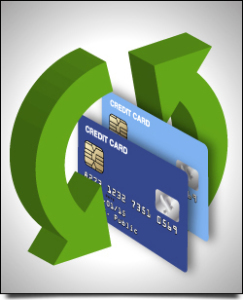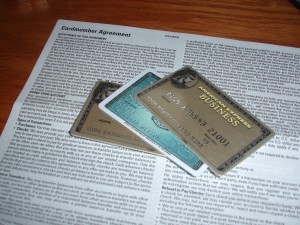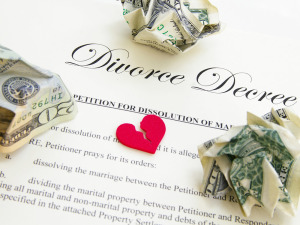 Today’s top story: How to avoid balance transfer mistakes. Also in the news: Saving money as an empty nester, credit cards rewards that help the environment, and how you could be accidentally improving your credit score.
Today’s top story: How to avoid balance transfer mistakes. Also in the news: Saving money as an empty nester, credit cards rewards that help the environment, and how you could be accidentally improving your credit score.
5 Balance Transfer Credit Card Mistakes You Can Avoid
Pay attention to time limits.
A Guide to Saving Money for Empty Nesters
What to do with all that extra money.
A Credit Card Reward for the Environmentally Conscious
Use your credit card rewards to help save the environment.
7 Ways You’re Accidentally Improving Your Credit
Happy accidents!
How to Negotiate Your Salary When You Don’t Have Any Work Experience
Confidence is key.



